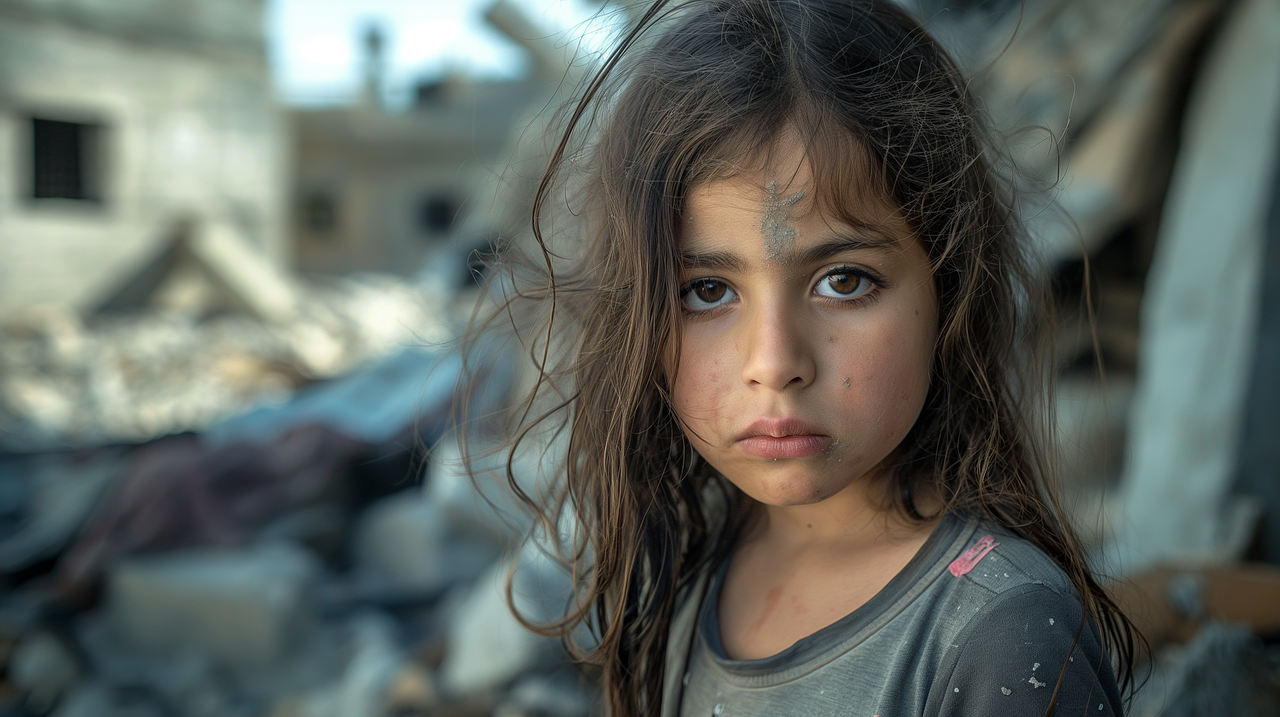In the continuous wars that wage around the world, civilian protection often remains poorly addressed or even neglected. According to the United Nations, the civil war in the former Yugoslavia (1991-1999) and the Rwandan genocide in 1994 left an indelible mark on the international community, particularly the United Nations and its member states. The conflict in Yugoslavia resulted in approximately 200,000 civilian deaths, while the Rwandan genocide saw the massacre of around 800,000 individuals. These tragic events underscored the dire consequences of inadequate intervention and spurred a global outcry for stronger measures to prevent similar atrocities in the future.
The failures of the UN, marked by overly cautious mandates and insufficient peacekeeping forces alongside the reluctance of member states to take decisive action, were seen as contributing factors to the violence that unfolded. In the aftermath, there was a widespread consensus that the international community must adopt more robust and proactive strategies to safeguard civilians and prevent genocidal violence.
The Protection of Civilians (POC) encompasses responsibilities that include all parts of a peacekeeping mission—civilian, military, and police functions. UN Peacekeeping claimed the goal of POC is “to address the perception that civilians are increasingly targets of physical violence, which significantly contributed to the emergence of civilian protection as a global issue in the late 1990s.” The protection of civilians in armed conflicts has a long and complex history. It wasn’t until the late 1990s, however, that this issue gained significant attention as a vital moral and practical concern on the global stage. The UN, reflecting on its shortcomings in Srebrenica and Rwanda, and recognizing the increasing targeting of civilians by armed groups, began a period of intense reflection. These failures highlighted the urgent need for a more robust international commitment to safeguarding civilians in conflict zones.
The significance of protecting civilians in war cannot be overstated. However, some countries cannot defend their civilians due to internal conflicts, authoritarian regimes, or other political dynamics. The international community has historically stepped in to fill this gap through mechanisms like the UN. Yet, the effectiveness of such interventions varies. In the 1990s, the world witnessed the devastating consequences of the UN’s failure to protect civilians in the former Yugoslavia and Rwanda. The lack of timely and decisive action allowed genocidal violence to escalate, resulting in hundreds of thousands of deaths. These events underscored the need for a more robust and proactive approach to civilian protection.
Without the Protection of Civilians, safety is not guaranteed. While many of us may not notice it, countries can be brutal to one another.
Many nations under dictatorships—North Korea, Yugoslavia, Rwanda, and Syria—lack POC. Therefore, when military conflict arises in these countries, the protection of civilians is often neglected. The leaders prioritize their power over the welfare of their citizens, leading to widespread human rights abuses and violence. In addition, North Korea, under the authoritarian rule of Kim Jong Un, is a stark example of a country where civilian protection is nearly non-existent. UN stated the oppressive policies of the Kim regime, including severe restrictions on the freedom of expression, movement, and assembly, contribute to widespread suffering among the civilian population. Reports of arbitrary arrests, forced labor camps, and public executions highlight the regime’s complete disregard for human rights and civilian protection.
The most recent reflection of a similarly narcissistic government is Syria. The U.S. Department of State claimed that under the authoritarian regime of Bashar al-Assad, Syria has experienced widespread human rights abuses and a brutal crackdown on dissent. The Syrian Civil War, which began in 2011 amidst the Arab Spring, saw the Assad regime’s violent response to peaceful demonstrations. The regime’s actions, including arbitrary imprisonment, gassing civilians, bombing hospitals and schools, and causing thousands of disappearances, have led to immense suffering. In total, around 300,000 civilians have been killed since 2011.
Despite attempts by the UN to document and address these atrocities, the Assad regime has refused to cooperate with POC efforts. Consequently, thousands of Syrian civilians continue to suffer.
Imagine the helplessness of being dropped into a predator’s den without any weapons. Danger lurks in every corner, but there is nothing you can do. This is the daily reality for countries without POC. Every night, they shiver in fear, consumed by the dread of imminent aggression and attack.
The importance of POC is undeniable. Even though civilian protection is not always visible, it is still crucial. Think of it as the foundation of a building; it is unnoticeable but essential for stability, and POC underpins the safety and dignity of countless lives worldwide. Without POC, civilians would witness violence and widespread human rights abuses. This is not merely an abstract concept but a matter of life and death for many nations.
Understanding the significance of POC emphasizes how critical it is to protect civilians across the globe who face daily threats of violence and oppression. In today’s turbulent times of war and conflict, this is the first issue that should be addressed.








